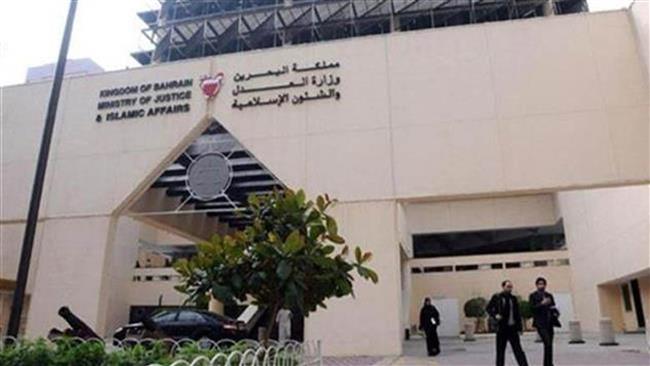
RNA - The Council of Representatives (Majlis an-Nuwab) voted 31-1 for the measure on Tuesday, with three lawmakers not taking part in the vote.
However, the bill has yet to be endorsed by the 40-member Consultative Council (Majlis al-Shura), the upper house of the parliament, whose members are appointed directly by Bahraini King Hamad bin Isa bin Salman Al Khalifah.
"The Bahraini king is effectively creating a police state with this de facto martial law," Sayed Alwadaei, the director of advocacy at the Bahrain Institute for Rights and Democracy (BIRD), a London-based NGO, said in a statement released following Tuesday’s vote.
The bill removes limitations in the Bahraini constitution on who military courts can try.
Last month, a royal decree restored arrest and investigatory powers to the National Security Agency (NSA), Bahrain’s domestic spy service.
Human rights Watch (HRW) has denounced the decree, citing NSA’s involvement in the systematic abuse of Bahraini pro-democracy activists.
“Returning arrest powers to an intelligence agency that terrorized families and tortured detainees is yet another nail in the coffin for Bahrain’s post-2011 reform process,” said Joe Stork, deputy Middle East director at HRW, adding, “Detainees will not be safe in NSA custody and Bahrain’s oversight mechanisms are no guarantee of protection.”
Anti-regime protesters have taken to the streets on an almost daily basis ever since the popular uprising began in Bahrain in February 2011.
The demonstrators are demanding that the Al Khalifah family relinquish power and let a just system representing all Bahrainis be established.
Scores of people have been killed and hundreds of others wounded or detained amid Manama’s crackdown on dissent and widespread discrimination against the country’s Shia majority.
847/940